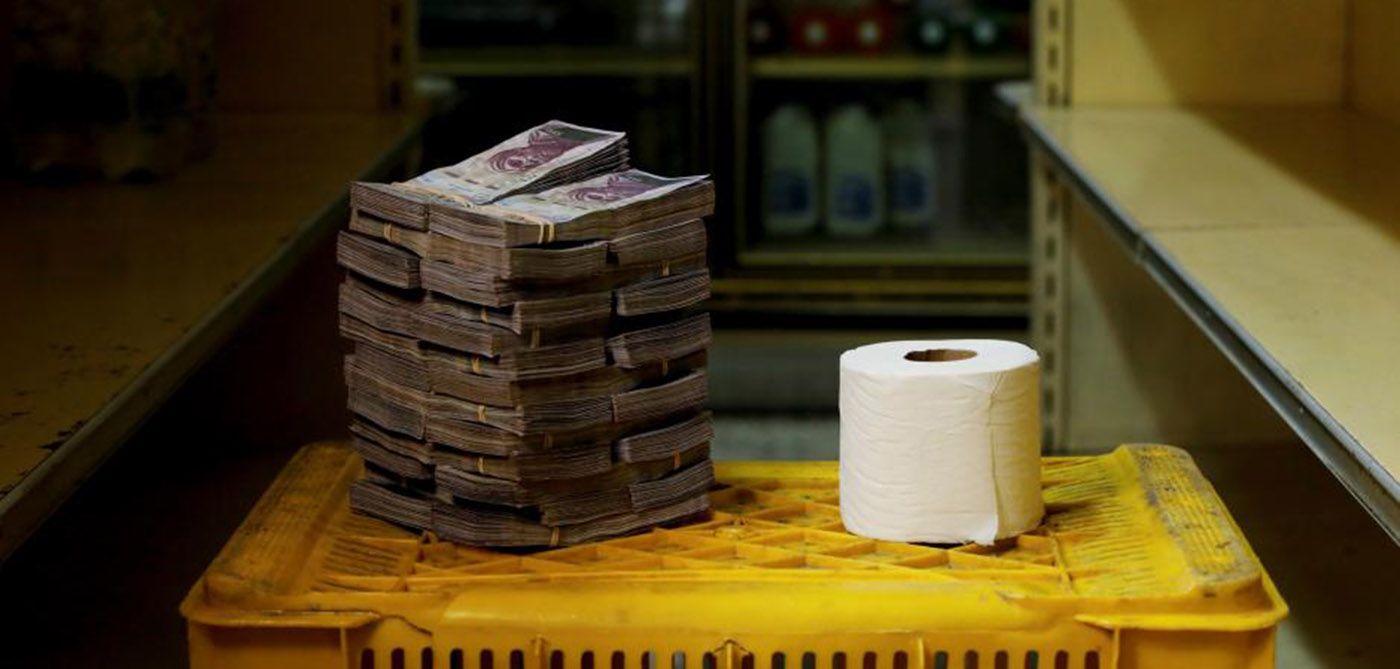222 reads
About The Money In Your Pocket...Or Your Bank: Creation And Evaporation of Value
by
September 19th, 2020
31 year old online entrepreneur and -sometimes- writer. Now learning to Code.
About Author
31 year old online entrepreneur and -sometimes- writer. Now learning to Code.
